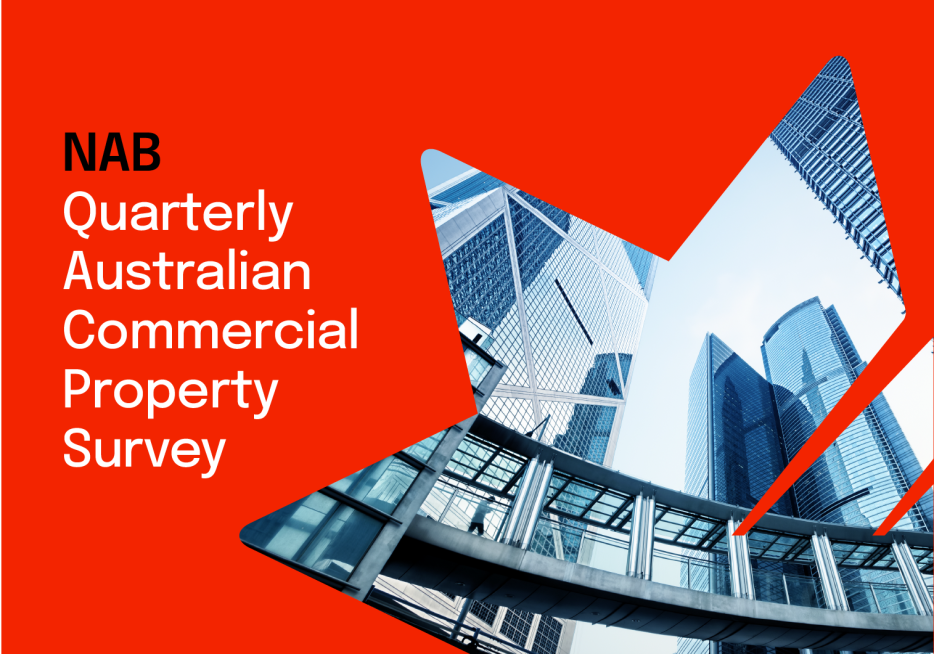The NAB Commercial Property Index lifted to an 8-year high in the March quarter, continuing the run of improvements seen in recent quarters.


Insight
Australian investors, generally speaking, display a noticeable bias towards domestic equities, property and cash. It’s just one reason why it might be time for some to review their investment options.
One lesser known consequence of the global financial crisis (GFC) was that many of Australia’s high net worth individuals (HNWIs) became very self-directed in their investing. With a large number burnt in the worldwide contagion, they clearly felt more comfortable building up their own portfolios.
Of course, the problem with this is that the vast majority of their investments reflected a sense of caution – there was a distinct lack of alternative assets included in their portfolios.
“When you think about the standard portfolio of our high net worth individual here in Australia, they’ve built up massive holdings in cash and property over the past number of years,” Greg Morris, head of the NAB Global Investment Desk, explains. As a result, he says, “when you compare our portfolios to those in the United States, in Europe and elsewhere, they may not be that well-balanced”.
Jason Murray, Customer Executive at NAB Private, agrees: “There’s a lot of cash in there, a lot of property and a lot of other equities, but there’s very little else in the way of alternatives, including international equities.”
To some extent, change is on its way. According to Investment Trends’ 2017 report, listed investment companies (LICs), exchange traded funds (ETFs) and direct international shares are growing at a fast pace as investors hope for international exposure and diversification. Those in the $10 million to $70 million wealth bracket, for instance, almost doubled their allocation to managed investments in 2017 (12 per cent, up from 7 per cent).
Yet for the majority of Australia’s HNWIs, little has changed. Term deposits, cash, direct shares and property continue to represent almost 80 per cent of their investable assets.
The GFC aside, there are many reasons why Australia’s wealthiest investors may be sticking with the status quo. A considerable number are time-poor, without the spare hours to properly research their options. But there are just as many who are uncomfortable branching out into alternative assets, or who simply don’t know enough about the potential opportunities out there.
As Murray notes, the financial landscape is necessarily complex: “People probably do very well in their chosen field, whether that be medicine, law, accounting, business, whatever it is. But when it comes to financial markets, people generally need a bit of help.”
This doesn’t mean that the majority of Australia’s investors are out there seeking advice. Indeed, in the current climate, there’s a continued reticence to rely on external help.
“They want to make sure that banks are not just there to sell them products,” Morris notes.
It’s one reason why The Global Investment Desk at NAB may resonate with individuals right now. An investment concierge service, it specialises in having in-depth conversations – not about potential investment products, but about the individual themselves. The aim is to genuinely understand their personal investment needs and how they can build their wealth.
“Our point is to actually remove product from the conversation completely and speak to the client about what they’re trying to achieve,” Morris explains. “It’s a matter of starting with ‘How can we help you?’, rather than ‘What can we show you?’.”
“We don’t give advice or sell products,” he adds. “It’s really about understanding what the client wants, what the client is looking to achieve, how the client is currently set.
“My team don’t have any sales or revenue targets, per se. We are very much product and channel agnostic, which means we only have our clients’ best interests at heart. It’s really a case of stepping back completely and approaching the conversation from a different and an arguably more ethical place.”
Morris is convinced it’s something Australia’s investing HNWIs sorely need, whatever place they come from – or wish to go. As he points out, there’s no typical client when it comes to The Global Investment Desk. “Every single client will be different. Some of them might need advice around structure and strategy some might know exactly what they want for themselves.”
For those who may want advice or guidance, it’s a matter of introducing them to the team at JBWere, Murray explains. A wealth adviser will then work to understand their goals and objectives, providing them with individual guidance.
For those investors who are ‘validators’, their options are different again. They’re the people who have done their own research, made their own enquiries, but still want to have a discussion with someone around the general features and benefits of a product. In their case, Murray says, they might benefit from some time spent with either JBWere or NAB Private, depending on the level of guidance they’re in need of.
For the self-directed, however, it’s a matter of connecting them with the vast array of opportunities out there in the investment-sphere. As Morris notes, “We offer a single point of contact for all of NAB’s offerings”.
While The Global Investment Desk might save a client time in the short term, it’s the longer term picture that matters most, Morris says. “When you talk five, 10, 15 years down the line, it’s about ensuring that our clients have actually met their objectives and that they haven’t started off in the wrong direction.”
He adds: “The Global Investment Desk is all about opening doors – the right doors – to investment opportunities individuals may not even be aware of.”
© National Australia Bank Limited. ABN 12 004 044 937 AFSL and Australian Credit Licence 230686.